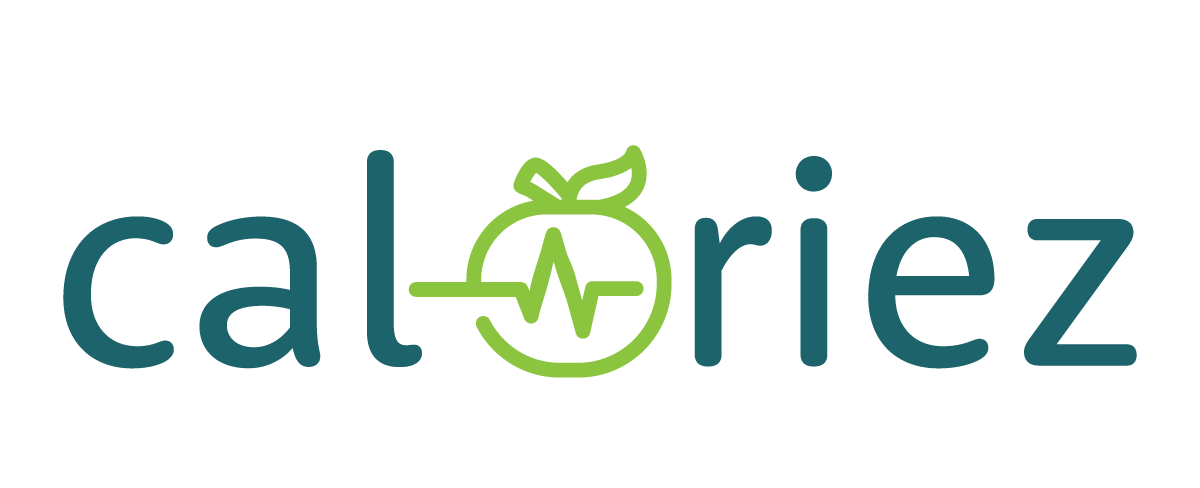The U.S. protection secretary is dealing with scrutiny after failing to right away speak in confidence to the White Home his current prostate-cancer analysis and a associated hospitalization, a breach of protocol for which he has apologized.
However whereas the secretary, Lloyd J. Austin III, as a cupboard member, faces sure expectations about what he should disclose publicly relating to his well being, and when he ought to do it, psychological well being specialists who work with sufferers who’ve critical sicknesses, comparable to most cancers, say that reticence is widespread — even within the period of oversharing on-line.
“I see it with my sufferers on a regular basis,” stated Dr. Andrew Esch, senior schooling adviser on the Middle to Advance Palliative Care, a nationwide well being care advocacy group based mostly in New York Metropolis. “It’s very human to not need to have your self type of flayed open for the world to see.”
There are a lot of causes folks may choose to maintain their sickness to themselves in sure contexts, specialists stated, however some are extra widespread than others. Privateness could be a coping technique, stated Dr. Itai Danovitch, chairman of the division of psychiatry and behavioral neurosciences at Cedars-Sinai in Los Angeles, significantly within the early days following a analysis, when sufferers are deluged with new info.
“There are completely different methods we use to try to management issues which might be uncontrollable,” he defined. “One widespread mechanism that we use is to compartmentalize.” Although compartmentalization, or conserving sure ideas and feelings separate, is commonly maligned, it’s adaptive, Dr. Danovitch stated. As an illustration, it could assist folks to remain targeted professionally even when sickness is inflicting important stress.
Dr. Danovitch cautioned, nonetheless, that if the compartments turned too “deep and separated,” they might stop folks from getting crucial therapy. He provided the instance of a affected person who doesn’t get follow-up testing on a suspicious lump as a result of it’s too traumatic.
Others might wrestle with how weak it feels to disclose an sickness, stated Steven Meyers, a professor and chair of the psychology division at Roosevelt College in Chicago. They might discover that there’s a stigma hooked up to their analysis that can depart them open to pity.
“Some folks view being wholesome and bodily succesful as being very central to their position or their id,” he stated. “These folks can have much more issue in publicly acknowledging feeling diminished of their estimation. These folks will even be far more involved with being a burden to others.”
Cultural and generational norms may affect the choice to reveal, stated Dr. Jesse Fann, medical director of psychiatry and psychology on the Fred Hutchinson Most cancers Middle in Seattle. He stated he had seen a common pattern of youthful individuals who had grown up steeped in social media opening up about their diagnoses extra readily.
Mr. Austin, alternatively, who’s 70 years previous, is “fiercely personal.”
Although the specialists had been reluctant to prescribe circumstances beneath which anybody “ought to” share, they stated sure elements may assist affect the choice. Some highly effective arguments for disclosing a medical situation are tied to defending your personal well being.
“I all the time validate an individual’s want for privateness, no matter their causes,” Dr. Fann stated. “However I additionally clarify that conserving their analysis totally secret, or not with the ability to discuss it, may very well make it tougher for them to ask for assist when it’s wanted — very concretely, getting a trip to therapy or getting a sympathetic ear whenever you’re harassed.”
Remaining tight-lipped may result in social isolation.
“Loneliness has a profound impression on how effectively a affected person can dwell with no matter sickness they’re dwelling with,” Dr. Esch stated. “The burden of secrecy actually contributes to a number of stress, a number of nervousness, and melancholy.
However one other consideration, along with how conserving an sickness personal may have an effect on private well-being, is different folks’s proper to know, Dr. Meyers stated, which isn’t absolute.
“Not everyone has to know all the main points of anyone’s confidential medical situation,” he stated. You may reveal an sickness to a pal, however not go into the main points of your therapy; otherwise you may speak to your employer a few life-changing analysis, however solely after you have had a while to debate the long-term plan along with your physician. (Typically talking, most workers usually are not required to share private well being info.)
Dr. Meyers recommends asking your self: Is the particular person a “stakeholder” relating to your life and your well-being or merely a “spectator”? Spectators wouldn’t have a lot of a “proper to know,” he stated, whereas stakeholders shall be affected, and that must be thought of.
In different phrases, you may need to inform your rapid household a few analysis, however not your complete social community.
“For individuals who are lucky to produce other folks of their work lives and private lives who would offer help, help and care, disclosure might be one thing fairly optimistic,” Dr. Meyers stated. “However every particular person actually has to evaluate the psychological security and the practicalities of being weak.”




